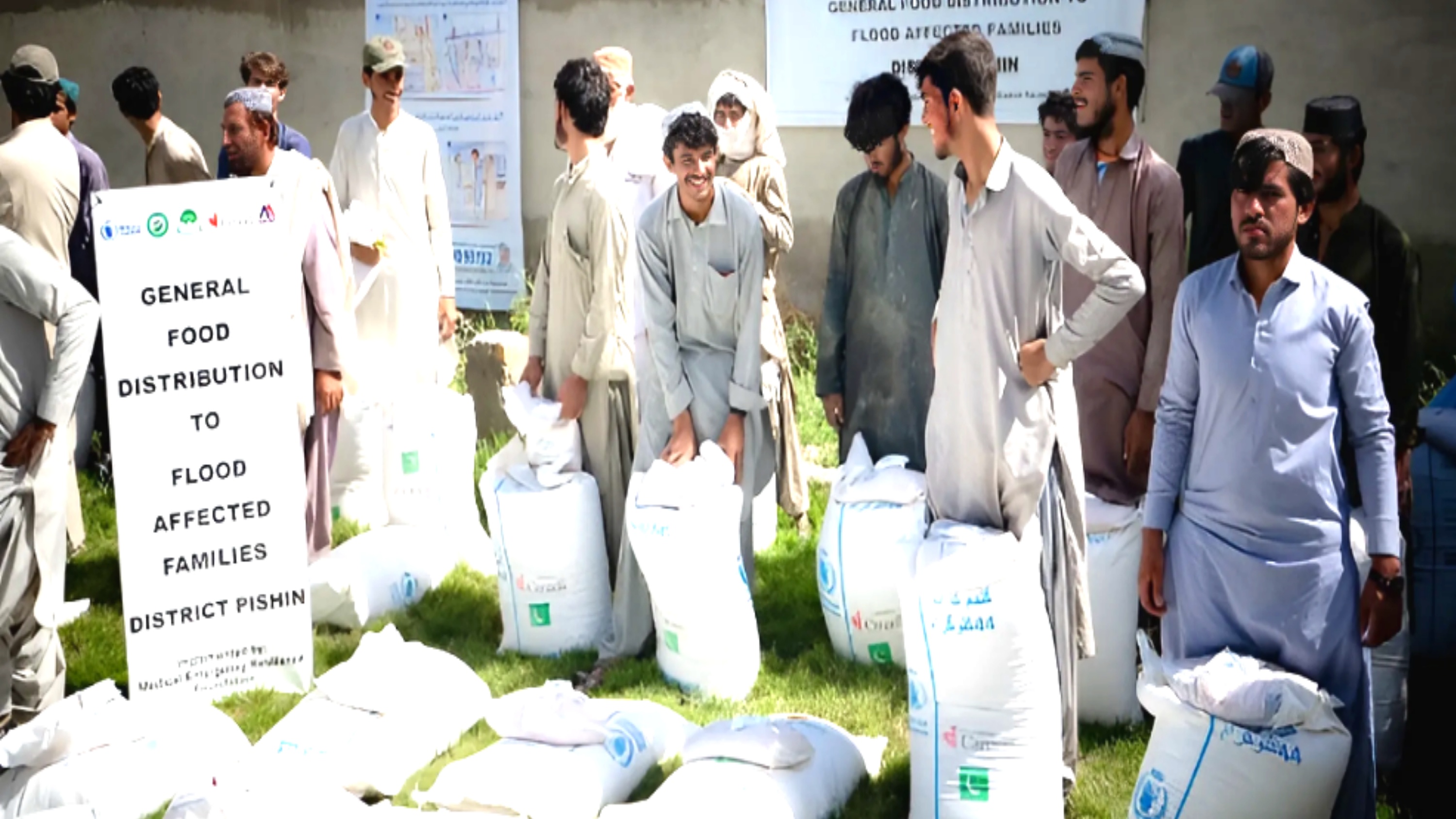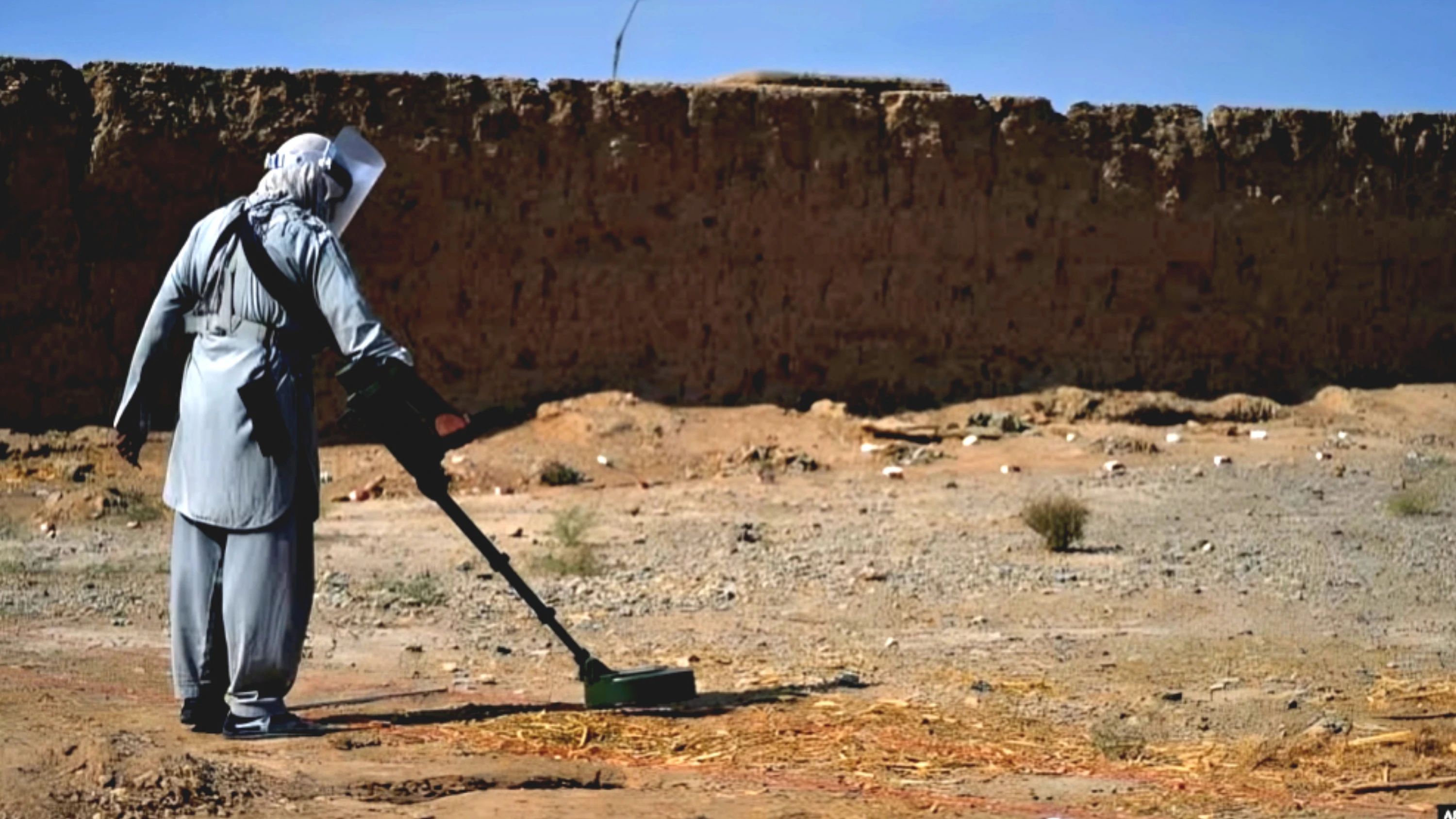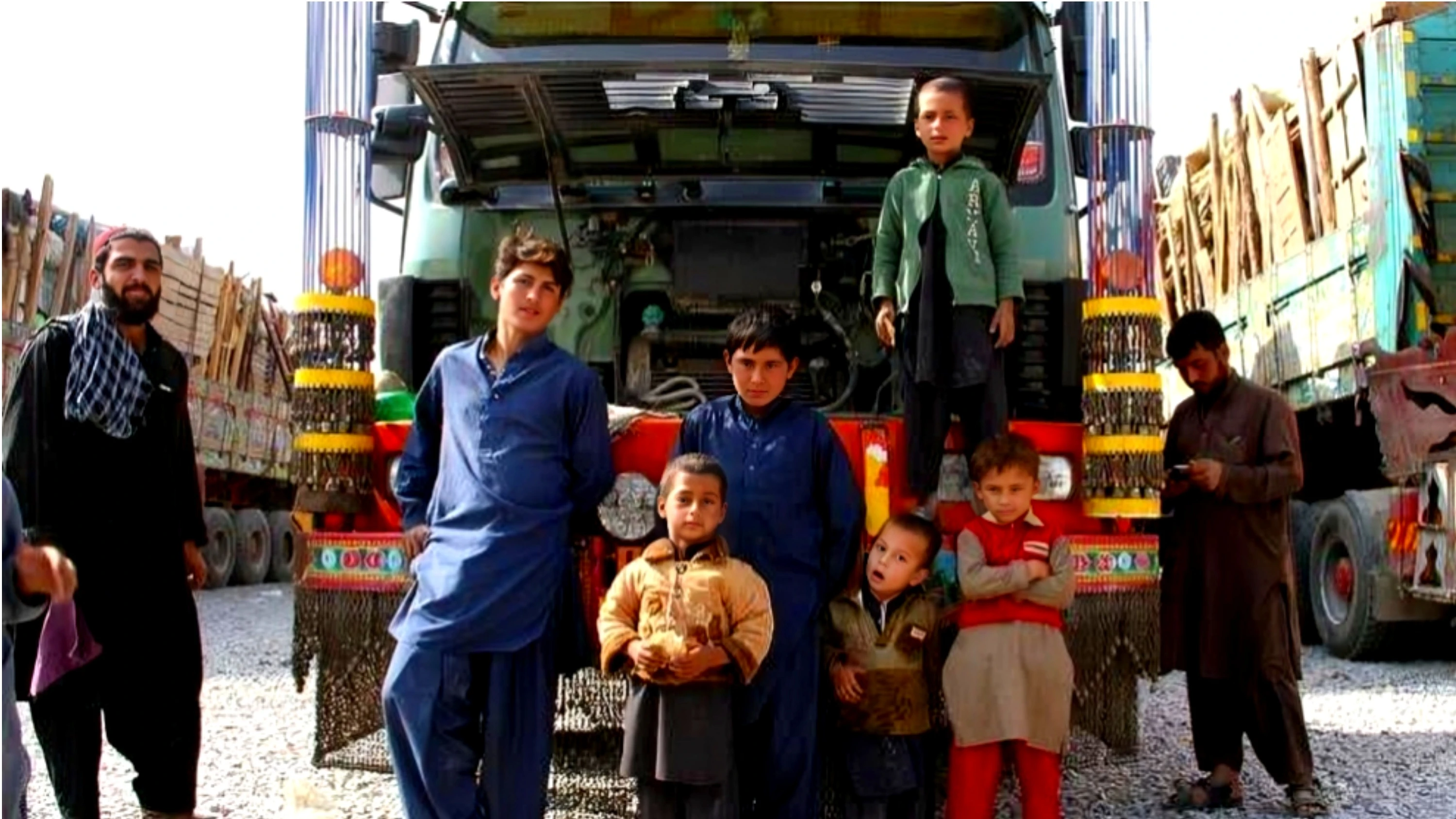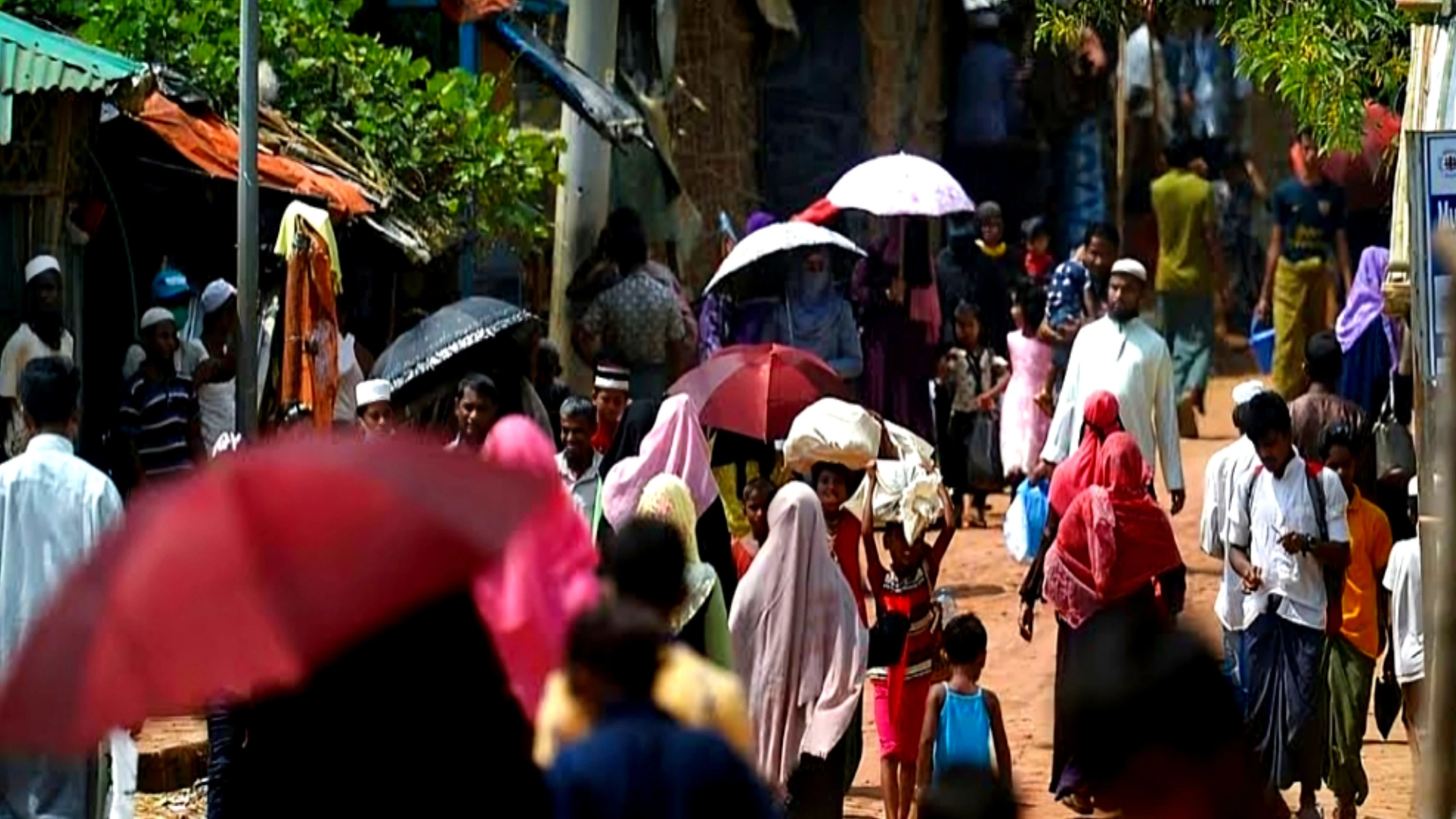Report: Pakistan, the fifth most populous country globally, with a population of 244 million, holds significant natural resources, including oil, gas, gold, copper, coal, and uranium. Despite this wealth, the country faces persistent challenges due to political and administrative instability, which severely impacts its citizens' livelihoods and development prospects.
The 2023/2024 Human Development Report ranked Pakistan 164th out of 193 countries, placing it in the 'low' human development category with a Human Development Index (HDI) value of 0.540. Additionally, Pakistan is ranked 99th out of 129 countries in the Global Hunger Index, reflecting critical food security concerns.
According to the recent report of World Food Programme (WFP), Pakistan's income levels are categorized as lower-middle, and 40% of children aged 6 to 59 months suffer from chronic malnutrition. Factors such as political instability, natural disasters, and regional tensions exacerbate issues of food insecurity, safety, and development.
The World Food Programme has been actively supporting Pakistan in addressing its food and nutrition challenges. According the recent report of WFP, the initiatives taken last year are as follows:
• Benazir Nashonuma Programme (BNP): Health and nutrition services, along with supplementary nutritious foods, were provided to 339,600 pregnant and breastfeeding women and children.
• Cash Stipends for Girls: 11,700 secondary school girls in Khyber Pakhtunkhwa received financial support under the Adolescent Girls’ Cash Stipend Programme.
• Climate Resilience and Livelihoods: 47,700 individuals benefited from activities aimed at enhancing climate resilience and livelihoods.
• School Meal Programmes: In Quetta, 13,300 children across 39 government primary schools received nutritious meals, supported by the Government of Balochistan and WFP.
The WFP’s Country Strategic Plan aligns with Pakistan's development objectives and the UN's 2030 Agenda, focusing on achieving Zero Hunger (SDG 2). The plan emphasizes:
• Providing essential relief and nutrition support to vulnerable populations.
• Enhancing food and nutrition security through policy guidance and technical expertise.
• Developing sustainable food systems.
• Strengthening resilience against climate-related challenges.
Pakistan’s development trajectory is significantly hindered by systemic issues, but ongoing humanitarian efforts aim to mitigate these challenges. The collaborative work between the WFP and the Government of Pakistan highlights a commitment to improving the lives of millions, fostering resilience, and achieving sustainable development.








